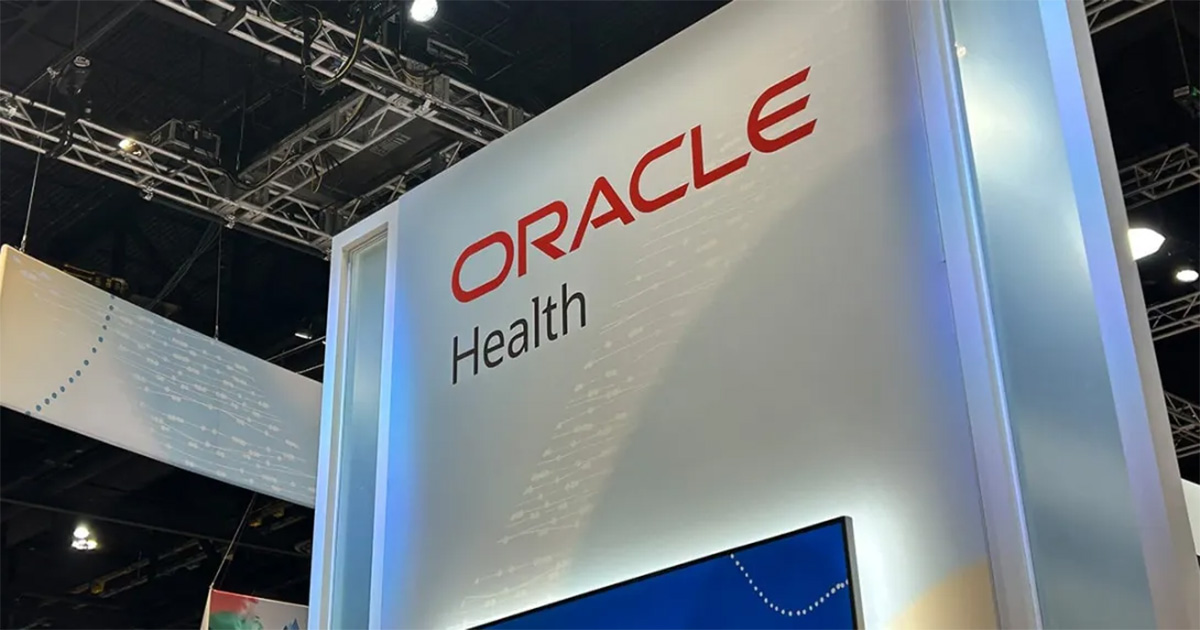The Center for Technology and Aging has released guidelines for a $500,000 grants program aimed at using technology to help reduce patients' failure to adhere to prescribed medication regimens.
Prescription medication-related hospitalizations cost $47 billion annually, according to the center.
The Medication Optimization Diffusion Grants Program provides up to six one-year grants to organizations successfully proposing programs that directly benefit older adults. Four or five grants will focus on Californians, while one or two may be awarded to other regions of the country.
"Medication-related errors are taking a terrible toll on the health and lives of older adults," said David Lindeman, director of the Oakland-based Center for Technology and Aging. "Of the 3 billion medication prescriptions issued each year in the U.S., 12 percent are never picked up by the patient and 40 percent are not taken correctly."
Lindeman said older adults too often receive duplicate prescriptions or prescriptions that have not been safety-checked for drug interactions.
"And, yet effective tools and technologies already exist to greatly reduce these problems," he said.
Medication optimization refers to a wide variety of technologies designed to help manage medication information, dispensing, adherence and tracking. The technologies are particularly applicable for the elderly and people with chronic illness or complicated medication regimens and can help avoid or delay a move from the home or community-based setting that an older adult prefers.
"Ultimately, medication optimization technologies can lead to significant improvements in the cost and quality of care for older adults," said Lindeman.
Programs eligible for grants must use technologies that are ready to be used more broadly. Grantees will be expected to have prior experience with medication optimization technologies and will need to demonstrate a positive and measurable impact in the near term, including reducing the likelihood that older adults will be moved to more intensive, high-cost care settings.
Most importantly, programs receiving grants will need to propose a strategy for successfully integrating their technology into the fabric of state and national healthcare delivery and reimbursement systems.
The deadline for interested organizations to submit letters of intent is midnight PST, Friday, Oct. 2. Applicants will be notified of their selection to submit a full proposal by Oct. 14.


